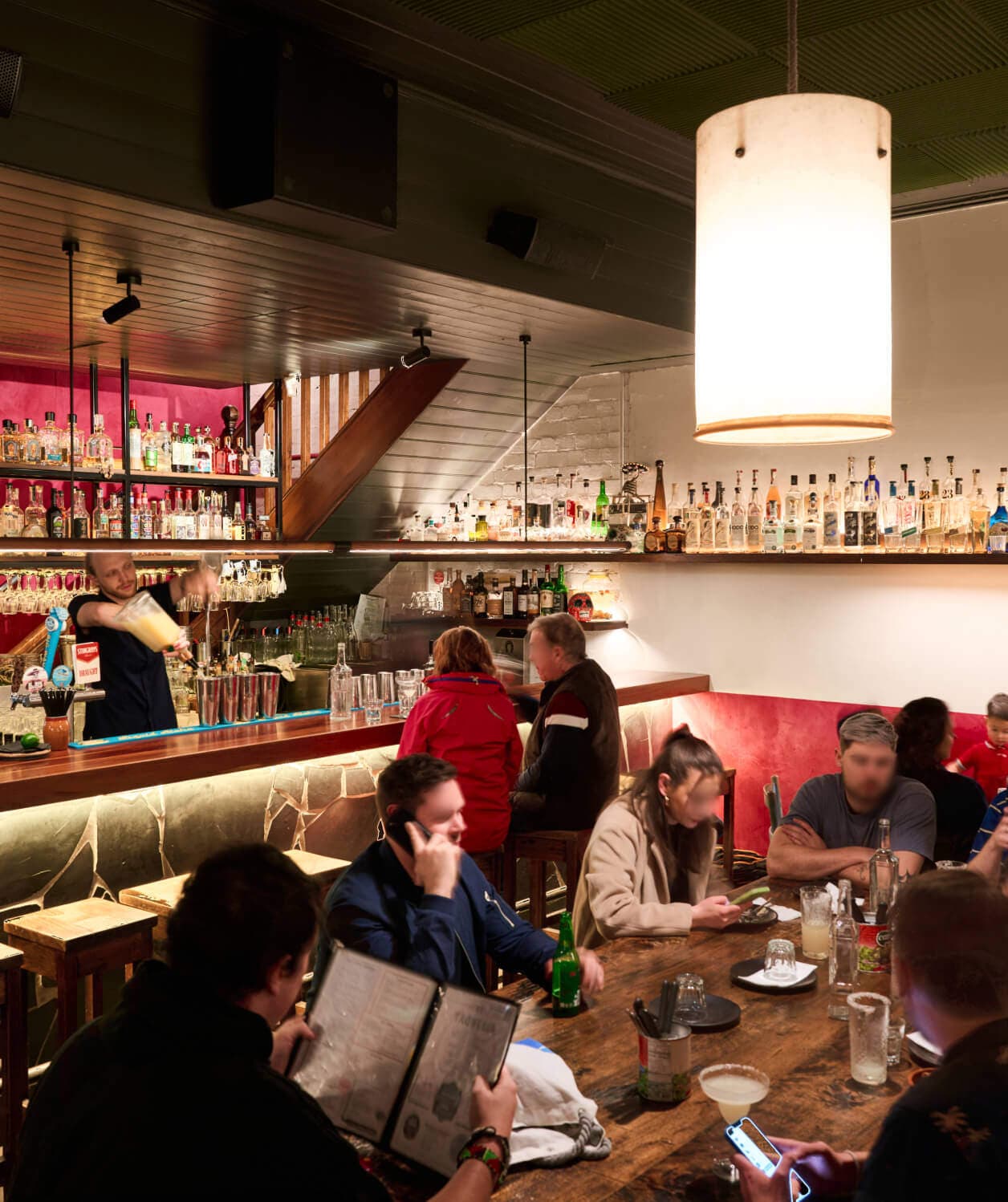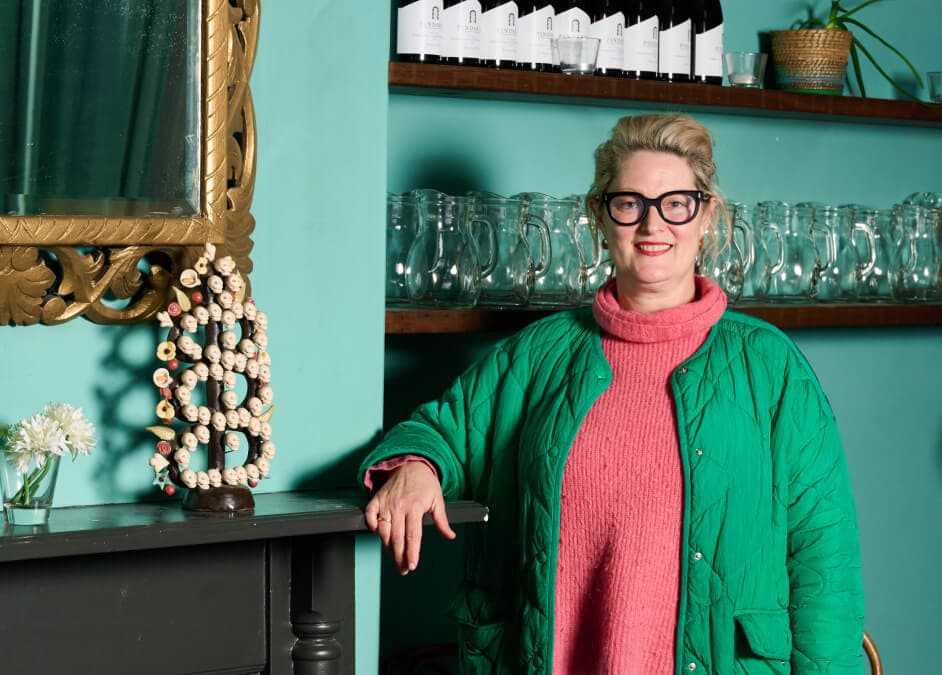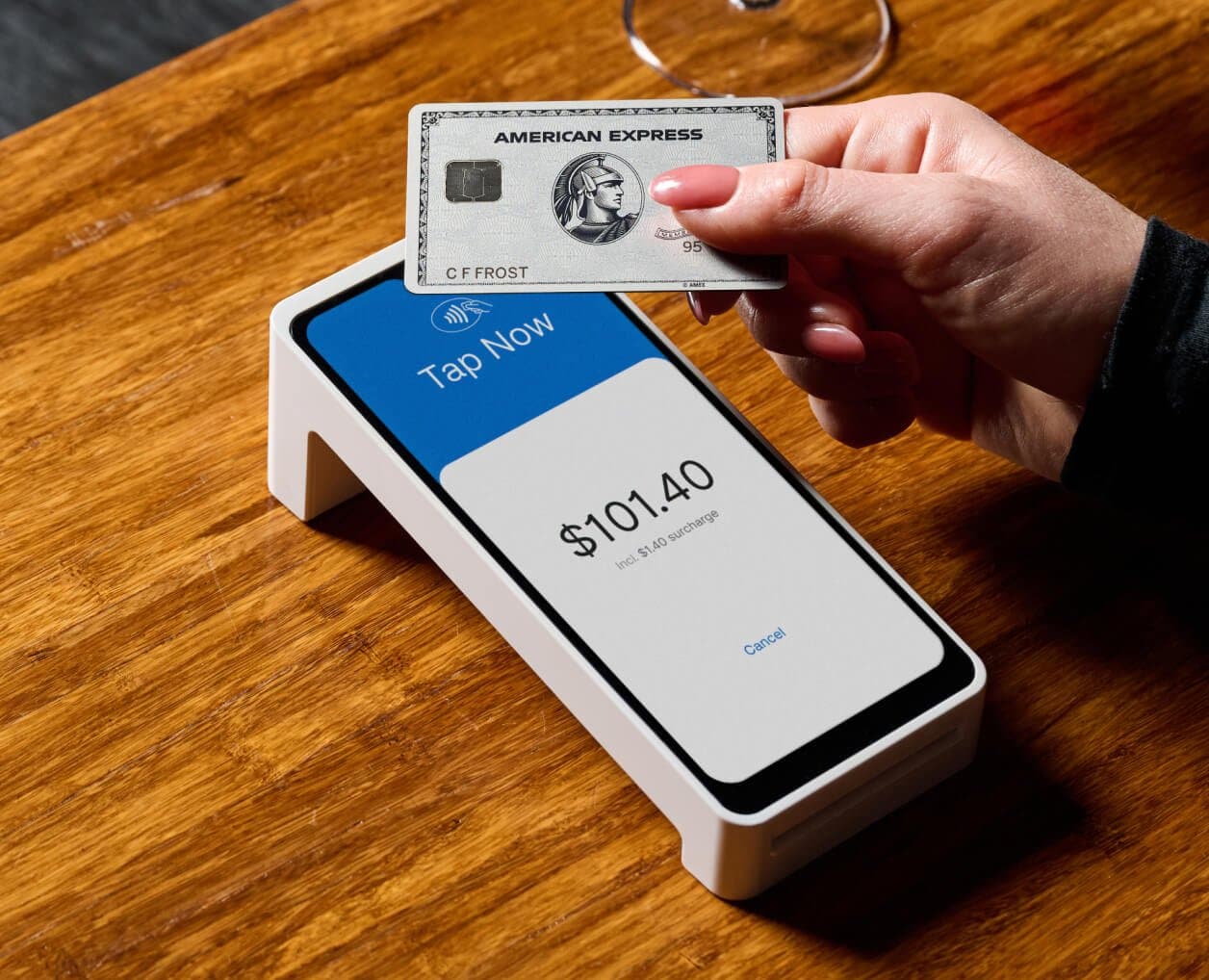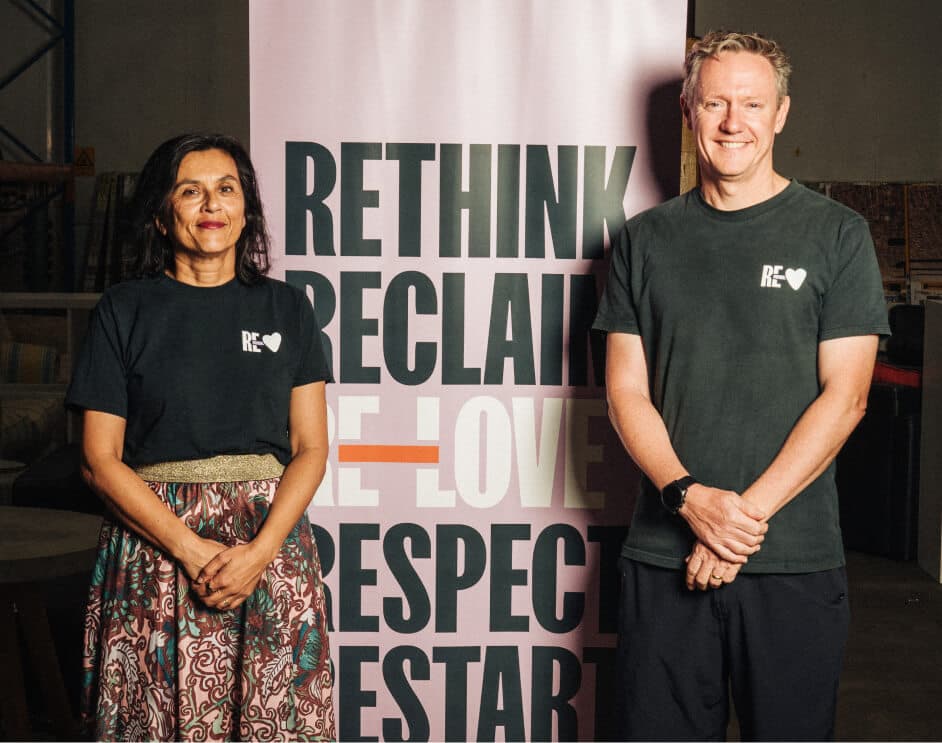
- Business Growth & Optimisation
2024–25 Federal Budget: 10 Things Small Business Owners Need to Know
From immediate tax deductions to energy rebates, and mental wellbeing support, here’s what this year’s budget means for you and your business.
Running a business is tough at the best of times, but when cost-of-living pressures chip away at consumer spending and inflation increases your supply costs, it can start to feel like an uphill battle. For the last eighteen months, this has been the sentiment for many of the 2.5 million small business owners across the country, with a good number hoping that this year’s federal budget would provide some much-needed relief.
Indeed, the budget, handed down by Treasurer, Jim Chalmers, on Tuesday 14 May does offer some short-term respite, notably in the form of an extension to the instant asset write-off program, $325 energy rebates, and an abolishment of 457 nuisance tariffs. In addition, small businesses will benefit from funding for programs dedicated to mental wellbeing, cyber security, innovation and more.
Keep reading to discover what the new measures mean for your business.
1. $20,000 instant asset write-off program extended.
The government’s instant asset write-off program – which has seen various iterations since it was first introduced in 2015 – is being extended for another year. This measure allows business owners to invest in their growth by claiming an immediate tax deduction after buying a new piece of equipment – a vehicle, a coffee machine, or an EFTPOS machine for example. Small businesses with an annual turnover of less than $10 million will be able to immediately deduct eligible assets costing less than $20,000 until 30 June 2025.
However, this good news does come with a caveat. For those who remember, last year’s budget did promise the same thing. The legislation, however, is still yet to be passed. If the government fails to pass the relevant legislation from last year’s budget before June 30, 2024, small businesses will miss out on this important cashflow support when they lodge tax returns from 1 July. We recommend keeping an eye on the news over the coming weeks to stay up to date on the matter.
2. Tax cuts to provide cost-of-living relief to all Australians: an average of $36 a week.
The Labor government’s signature tax policy, which was announced earlier this year, and will come into effect on July 1, is designed to alleviate cost-of-living pressures on Australian households. While the tax cuts will bring some respite to all 13.6 million Australian taxpayers, the Labor government’s redesign will direct more benefit to low- and middle-income earners, compared to the Morrison government’s proposal, which skewed more heavily towards those with higher salaries. On average, Australians will be receiving a total tax cut of $1,888 or $36 a week. By relieving cost-of-living pressures, this measure will help positively impact, spending, confidence, and potential revenue for small businesses.
3. $325 energy rebates for eligible small businesses.
The Russian invasion of Ukraine has had a ripple effect on energy prices across the globe, sending them skyrocketing. Once again this year, the government has stepped in to help with its Energy Bill Relief Fund which will provide energy rebates to each of the approximately one million businesses on small customer electricity plans to help cover their bills. From 1 July 2024, eligible small businesses will receive $325 on their electricity bills throughout the year. Additionally, the government is providing $1.8 million to progress regulatory reforms to retail energy markets that will support consumers experiencing hardship and ensure small businesses are on electricity contracts that work better for them.
4. Free mental health coaching for small business owners.
The last few years have not been easy on business owners, and if it’s taken a toll on your mental health, you’re not alone. Thankfully, this budget is investing a further $10.8 million to deliver tailored, free, and confidential financial and mental wellbeing support for small business owners through the NewAccess program. This program has been developed by Beyond Blue to give small business owners support during challenging times. Eligible for any business owner aged 18 and over, the program offers six sessions with a coach to help overcome difficult issues and manage stress. Additionally, the government will be extending the Small Business Debt Helpline, a national, free and confidential phone-based counselling service that offers advice to small business owners struggling with their business finances.
5. Slashed import tariffs to reduce administrative burden for businesses.
Whether you’re importing toasters, toothbrushes, or tools, you’ll be glad to know that your compliance costs have just gone down. The government has eliminated 457 ‘nuisance tariffs’ to simplify the trade system and cut down the administrative burden, especially for small businesses. Historically, these tariffs were introduced to protect Australian producers, however as the name suggests, they have become more of a nuisance than a benefit as most of the goods imported under these tariffs were already eligible for existing tariff preferences or concessions, yet they still required business owners to apply for them. Tariffs will be eliminated on imported goods such as toothbrushes, hand tools, fridges, dishwashers, clothing, and menstrual and sanitary products.
6. Funding to build cyber resilience for businesses.
It’s not just the likes of Optus and Medibank that fall victim to cyber attacks, hundreds of small businesses around Australia are targeted by hackers and scams every year. This year’s budget sees continuing support for a number of programs introduced to help bolster cyber security among Australian small businesses. The Cyber Wardens program, and the Small Business Cyber Resilience Service will receive a combined $34.5 million to educate small businesses about cyber threats and practices to adopt to keep their businesses safe. An additional $7.2 million will support the Cyber Health Check – an online interactive tool that enables small and medium businesses to self-assess their cyber security maturity.
7. Assistance for small businesses to win government contracts and expand internationally.
In a bid to help small and medium businesses win more government contracts, the government has updated the Commonwealth Procurement Rules to significantly increase the number of SMEs that can participate, and is improving AusTender to make it easier to identify small and medium businesses on government panels. Similarly, the Buy Australian Plan will also open its doors to government work for more small and medium businesses by simplifying and decoding procurement processes. Additionally, the government will invest $183.8 million in defence industry grants to support Australian small and medium businesses, including a program to reduce the administrative burden on SMEs and provide greater opportunities for tailored financial support. Plus, to help Aussie businesses expand abroad, the government is committing $10.9 million to the Go Global Toolkit online platform.
8. $392.4 million in grant funding to support business innovation.
To help innovative Australian startups and small businesses get off the ground, the government is committing $392.4 million to the Industry Growth Program to help commercialise their ideas and grow. The program supports businesses that are working within the government’s priority areas, and developing Australia's future manufacturing capability. Businesses can apply for grants of $50,000 to $250,000 to support early-stage commercialisation projects and $100,000 to $5 million for commercialisation and growth projects. An additional $18.6 million is going to the Digital Solutions program to help small businesses embrace the opportunities of digital tools including eCommerce, digital marketing, or online invoicing.
9. Support for education and training to address the labour and skills shortage.
Your output is only as good as your staff, but Australian businesses are being hampered by a critical shortage of skilled labour. To help address this, the government is providing funding to a number of programs that will expand access to education and training, including an $88.8 million investment to provide an additional 20,000 fee-free TAFE places in courses relevant to the construction sector. This is on top of the additional 300,000 fee-free TAFE places made available from 2024 to 2026 in areas of priority skills. $1.8 million will also be delivered to streamline skills assessments for around 1,900 migrants to work in Australia’s housing construction industry and $21.9 million will go to support social enterprises and employers that engage job seekers through paid employment placements of up to six months.
10. A fairer playing field in the franchising sector.
The government has committed $3 million to implement recommendations that were laid out in the 2023 Schaper Review of the Franchising Code of Conduct, a landmark review into Australia’s franchise law. The franchising sector, which comprises thousands of small businesses and contributes more than $135 billion to the Australian economy each year, will soon see an updated set of regulations. The improved code will promote best practice conduct between franchisors and franchisees and make it easier for small businesses to operate in the sector including through better access to dispute resolution.
What did you think of this year’s budget?
Share your thoughts with us on Facebook, Instagram, Twitter, or LinkedIn. And don’t forget to sign up to the Zeller Newsletter to receive more small business news, tips and stories straight to your inbox. To find out more about how this year’s federal budget impacts small businesses, refer to the small business fact sheet.



